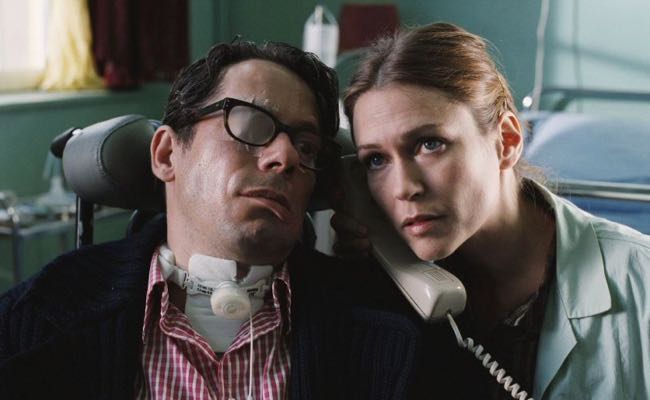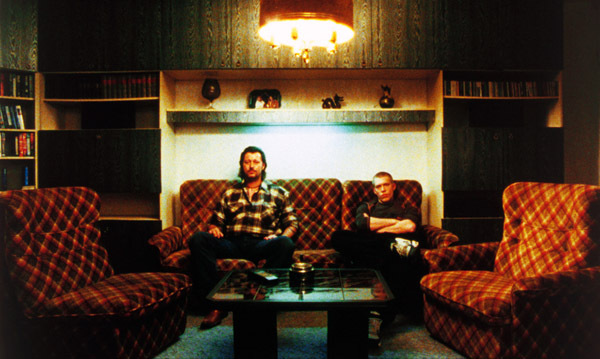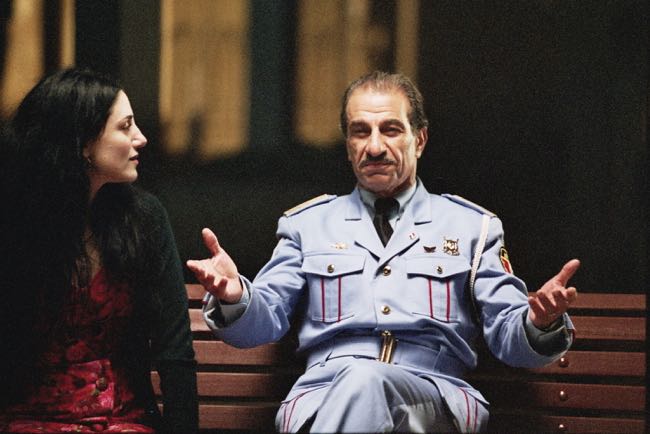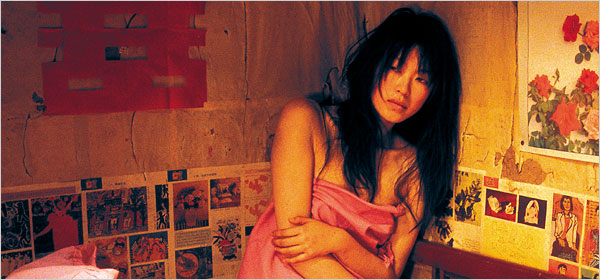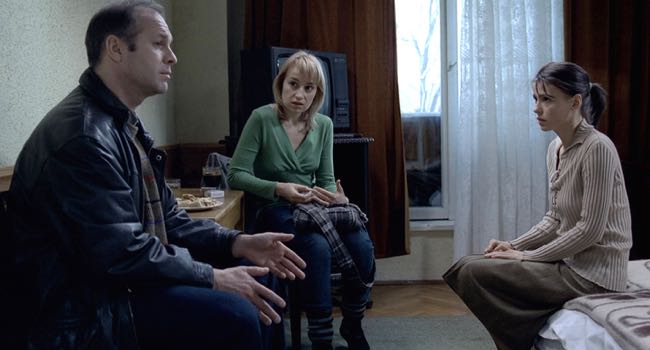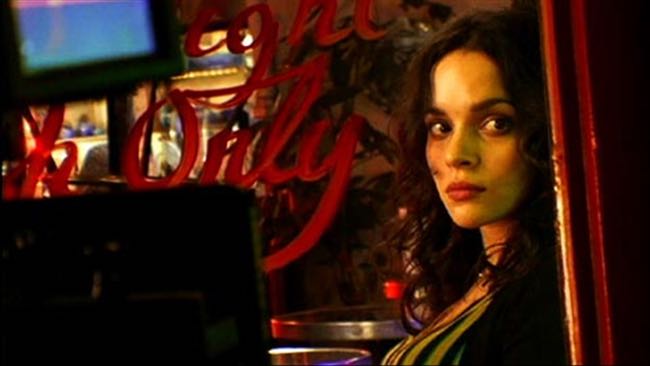
By Ray Bennett
CANNES – Joel and Ethan Coen’s In Competition film is titled “No Country for Old Men” but it is set in an unforgiving 1980s West Texas landscape that appears to be populated with nothing but old men. Lawmen, mostly, like Tommy Lee Jones’s Sheriff Bell, pining for the old days when outlaws weren’t relentless killing machines like the one who has come to terrorise his hardscrabble community.
The film attains an extraordinary level of tension as a fiercely dedicated drug runner named Anton Chigurh, played brilliantly by Javier Bardem, pursues a man who has stumbled upon and taken his money. The Coens’ typically superior filmmaking sustains the electrifying mood for most of the picture but they are undone by being too faithful to the source novel by Cormac McCarthy.
Plot holes, wrong-headed moves by key characters, cracker-barrel philosophising and a major climactic scene that takes place offscreen serve to undo all their fine work. The entire premise of the film is to pitch three men onto a path that will lead to a final reckoning but it just peters out.
There is a lot of carnage in “No Country For Old Men” and some of it has already taken place when Vietnam veteran Lwewelyn Moss (Josh Brolin) comes across the scene of what obviously is a big-time drug deal gone bad. Bodies litter the ground between shot-out vehicles, there’s a truckload of dope packed neatly and a satchel that contains millions of dollars.
One man remains alive and asks for water. Absurdly, for a season hunter on that arid terrain, Moss doesn’t have any. He takes the money back to the trailer he shares with a devoted young wife, played convincingly by Kelly MacDonald, but in the middle of the night he stricken with guilt. Not about taking the money but about leaving a dying man with no water. So he goes in the dark to the isolated killing scene where he knows there’s a vast quantity of drugs.
Inevitably, men with guns who have a proprietary interest in the contraband make their presence felt and Moss is fast on the run. Leading the chase is Chigurh, a man of perhaps East European extraction, who carries a tank of compressed air attached to the kind of bolt gun used to slaughter cattle. It sounds like something Carl Hiassen would come up with but Bardem plays the drug runner with such humourless conviction that his weapon of choice becomes truly threatening.
Chigurh, however, joins the list of implacable murders such as Hannibal Lector and the Terminator whose encounters with terrified innocent people are played for laughs/ Chigurh mostly just slays anyone he encounters but now and then he lets the toss of a coin decide someone’s fate.
Sheriff Bell is on the case, looking to prevent the madman from killing too many people, especially Moss, but Bell is not the Tommy Lee who always gets his man; this officer of the law is an ineffectual old windbag. Woody Harrelson has a brief and redundant role as a mistakenly cocky bounty hunter.
Brolin is terrific as the likeable country boy who sees his shot at the main chance and grabs it although mid-way through the film, when he has survived long enough to reach Mexico, he inexplicably does not stay there. His vet is tough and resourceful, though, and the film cries out for a resolution that, if not a happy one, would at least be satisfying.

